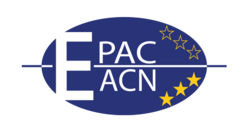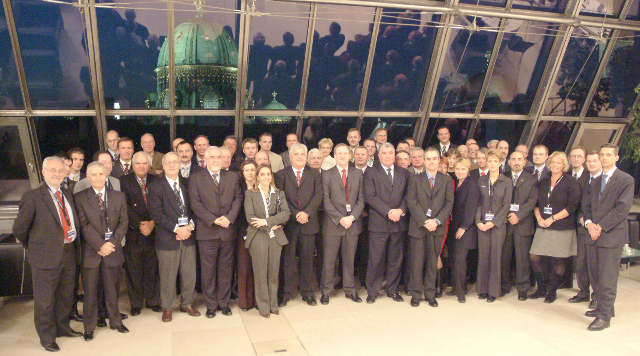This year marks the 10th anniversary of the European Partners against Corruption (EPAC); the largest network of anti-corruption authorities and police oversight bodies on the vieux continent.
The idea for such an independent forum among bodies and agencies from EU Member States arose nearly 13 years ago, championed by Belgium and Austria. In 2004, the EU provided funds under the AGIS framework programme to help practitioners and law enforcement officials from Member States and candidate countries set up networks to exchange information and best practices. As a result of these different efforts, EPAC was born in the same year as a network of police monitoring and inspection bodies and anti-corruption agencies with a wider remit at a conference hosted by the Austrian anti-corruption authority in Vienna.
With EU enlargements, EPAC came to include authorities from the 13 new EU Member States. In 2009, agencies from candidate countries and Norway, which had previously served as observers, were granted membership in the network, while those from Moldova joined in 2014. To read more about the history of EPAC, click here.
In 2008, the European Council established the European contact-point network against corruption (EACN), based on EPAC’s structures, to formalize cooperation between authorities mandated with the prevention of and fight against corruption in the EU. To read more about the history of EACN, click here.
EPAC and EACN mostly work together as one. Their efforts in promoting effective cooperation among operational entities, safeguarding the independence of national authorities, and developing common standards have received recognition from the European Union, the Council of Europe, the United Nations, as well as the wider international community.
The networks are currently presided over by Mr. Giovanni Kessler, Director-General of the European Anti-Fraud Office (OLAF), and receive secretarial support by the International Anti-Corruption Academy (IACA).

